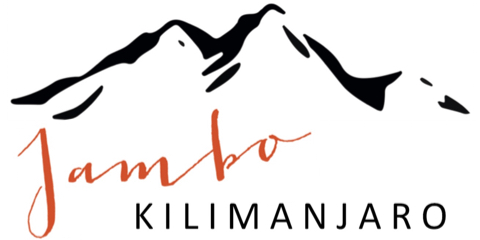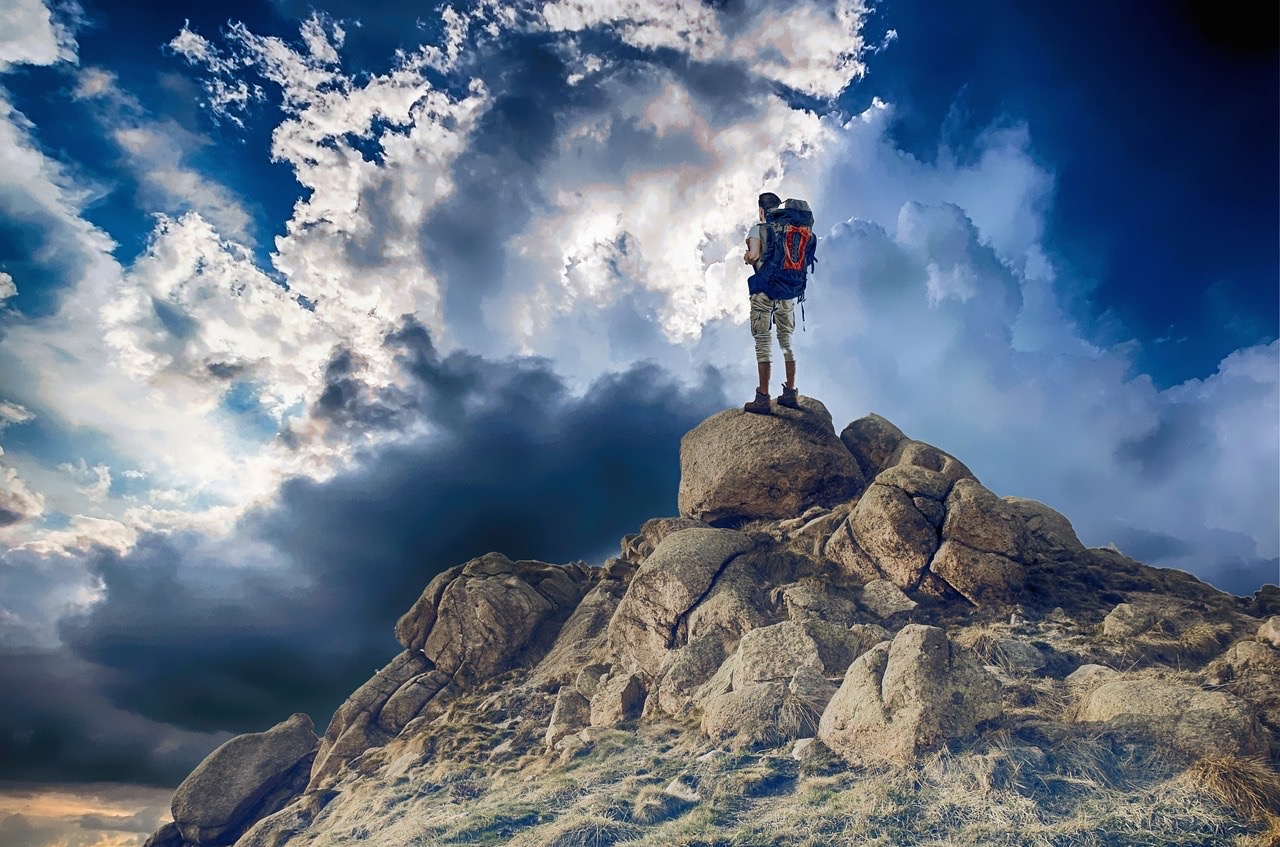In a previous article we have written about the background of altitude sickness. But what are possibilities to prevent altitude sickness? We think of the following aspects to be especially important.
Time
It is important to take your time during the ascent! This way, your body can acclimate adequately to the altitude. Also, the principle “walk high, sleep low” (walk high by day and sleep at lower altitudes by night) works well for adjusting to the altitude. Ascending slowly is the best thing to do to avoid altitude sickness.
Rest
Do not overspend yourselves in the beginning of your tour, even if it may seem easy going. You may need this energy at a later point. Hence, follow the instructions of the tour guide. “Pole pole”, “slowly, slowly,” is a well-known expression for a reason. Also, use the time in the camps to rest. If possible, start your expedition well-relaxed.
Nutrition
A healthy and balanced nutrition is generally advisable, especially in the weeks leading up to your expedition. You should not show any deficiencies of vitamins or minerals due to an unbalanced diet before you climb the mountain. This way your body is fit and can adjust to changes easier. If possible, eat a lot of foods high in carbohydrates during your tour. They require less oxygen when processed by your body than nutrition that is high in fat or proteins. Additionally, drink a lot during your tour, especially water. You should drink at least 3-4 liters per day.
Consumption of alcohol
The consumption of alcohol complicates the body’s adjustment to the altitude, and hence fosters altitude sickness. Moderate consumption of alcohol, i.e. an evening glass of wine or a beer are fine also shortly before your climb of Mount Kilimanjaro. Latest when commencing your tour, however, you should consequently do without alcohol altogether.
Dietary supplements
They are discussed a lot, however, seemingly without conclusive insight. Especially antioxidants, and gingko are discussed to increase the chances of reaching Uhuru Peak, the summit of Kilimanjaro. The consumption of vitamin C, and multi-vitamin tablets or of gingko tea throughout the weeks before your ascent would certainly not hurt; however, it is debatable if they are helpful.
Medications
Medications, such as Diamox, which contain the active ingredient acetazolamide, are used for preventing altitude sickness. However, they bring about side effects and their effect is not conclusively proven. Taking them should therefore be well thought through. A form of medical precaution of altitude sickness with usually considerably less side effects is the consumption of Aspirin and Ibuprofen/Paracetamol. Both are taken during the climb: Aspirin in lower doses several times a day, and Ibuprofen once a day before lunchtime. In any case you should discuss taking medication with a doctor and adjust it to your personal needs.
Pressure chambers
They are once another way of precaution. In respective establishments, a low air pressure is simulated, and therefore your body’s reaction triggered. This type of preparation is comparable with a mountain hike just before the real journey to Mount Kilimanjaro. Expenditures are, however, considerably higher than with other measures.
In case you are looking for further information on how to prepare for climbing Kilimanjaro, see here.

